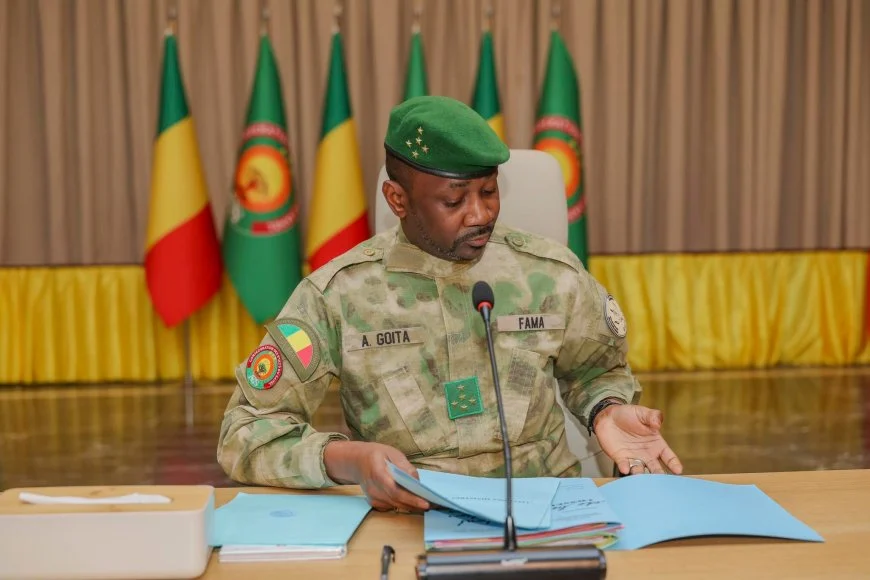
From August 7 to 9, 2025, the Malian capital will serve as the epicentre of a crucial regional conversation as it hosts the inaugural AES Humanitarian Forum.
This landmark event, to be held at the Bamako International Conference Center, aims to coordinate a more effective and unified response to the mounting humanitarian challenges facing the Alliance of Sahel States (AES).
Announced officially by Malian authorities on August 1, the forum will focus on the theme: “Humanitarian Policies and Financing Mechanisms for Humanitarian Action in the AES Area: Issues, Challenges, and Prospects.”
The summit will convene key players including representatives of the governments of Mali, Burkina Faso, and Niger—alongside UN agencies, NGOs, and technical partners active across the Sahel.
The timing of the event is critical. According to the United Nations Office for the Coordination of Humanitarian Affairs, nearly 4.8 million people in Mali alone are in need of urgent assistance in 2025.
Burkina Faso faces an even graver crisis, with 8.4 million people affected. In Niger, although the data remains less precise, current estimates suggest millions are grappling with the compounded impact of armed conflict, displacement, food insecurity, and worsening climate shocks.
Despite escalating needs, the humanitarian response across the AES region remains severely underfunded. Regional assessments reveal a total funding requirement exceeding $4 billion for 2025, yet as of August 1, less than a third of this sum had been mobilized.
This shortfall continues to hinder access to remote and vulnerable communities, undermining critical relief operations.
The Bamako forum is expected to become a turning point in rethinking how humanitarian action is structured and financed in the region.
While the official programme is yet to be released, sources suggest the dialogue will focus on enhancing state leadership in humanitarian coordination and forming new, context-appropriate international partnerships.
More than just a technical summit, the gathering underscores the political and strategic alignment of Mali, Burkina Faso, and Niger, who have increasingly acted in unison under the AES banner.
In a region where humanitarian, security, and socio-economic challenges are deeply intertwined, the forum may serve as a catalyst for a more sovereign and sustainable approach to crisis management.



